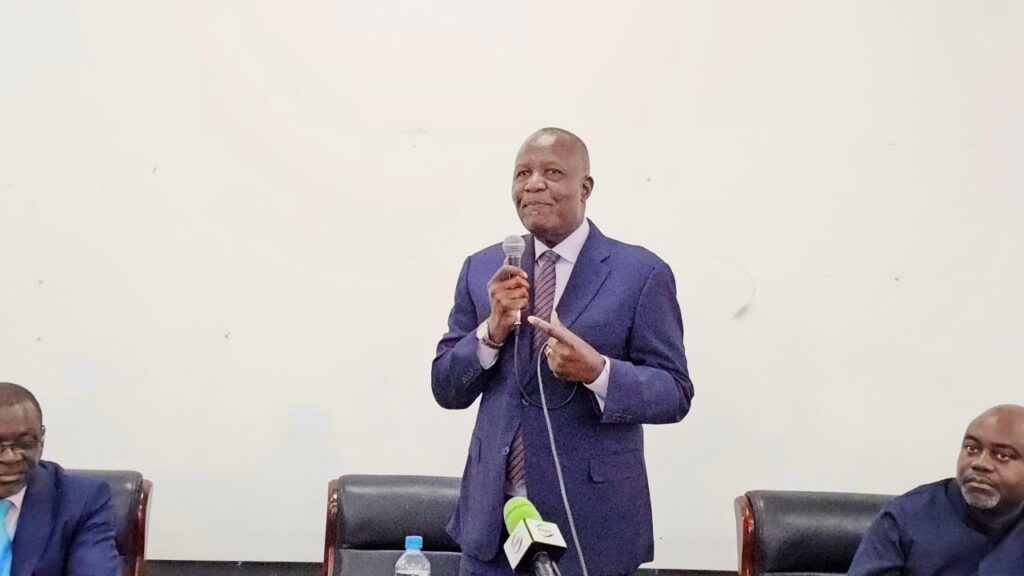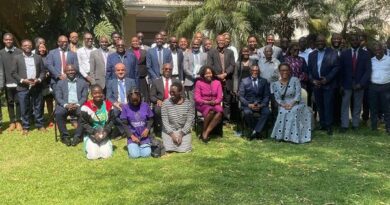Minister Mutati Calls for Home-Grown AI Solutions at ICICT 2025
The Minister of Technology and Science, Hon. Felix Chipota Mutati MP, has urged Zambia to act decisively in harnessing Artificial Intelligence (AI) to avoid missing out on its transformative opportunities.
Speaking at the 7th International Conference on Information and Communication Technologies (ICICT 2025), held at the University of Zambia under the theme “Transforming Resilience: Harnessing Artificial Intelligence (AI), Internet of Things (IoT), and Machine Learning (ML) for Sustainable Solutions”, Mr Mutati described AI as a force that would change humanity more profoundly than any previous invention, including electricity.
He noted that AI’s potential is already evident in sectors such as education, tourism, agriculture, mining, and traffic management. However, he cautioned that without clean and reliable data, Zambia risks producing “defective outputs” that do not reflect local realities.
“True sovereignty in AI will only be achieved when we localise solutions using local data. Home-grown innovations are the key to effective problem-solving,” the Minister emphasised.
Mr Mutati highlighted several key priorities:
- Data quality and accessibility: Establishing a robust data pipeline to ensure AI applications generate accurate results.
- Digital infrastructure: Through ZAMREN, government is providing free, unlimited internet to universities to drive innovation and research.
- Innovation ecosystem: Initiatives such as UNIPOD at CBU and the upcoming Hakainde Hichilema Innovation Hub in Lusaka will provide advanced facilities for innovators.
- Partnerships: The private sector is urged to work with universities by presenting real-world challenges for students and researchers to tackle using AI.
- Legal reforms: Plans are underway to review the Data Protection Act, striking a balance between innovation, security, and protecting intellectual property.
- Incentives: Institutions such as ICTAZ are encouraged to host competitions to motivate innovators and deliver tangible solutions.
The Minister further pointed to AI’s transformative role in education by freeing lecturers from administrative tasks, enabling more personalised teaching. In tourism, he noted that the absence of adequate data has led Zambia to undersell its potential.
He concluded by reaffirming government’s commitment to supporting innovators through an enabling policy framework, including the forthcoming Innovators and Inventors Bill, which will establish a Venture Capital Fund to address financing gaps.
The conference, which drew researchers, academics, and industry players, underscored AI’s pivotal role in creating sustainable solutions tailored to Africa’s unique context.



